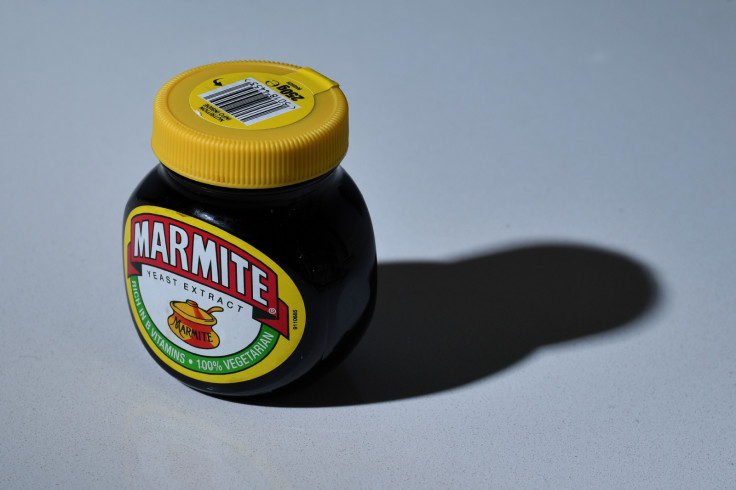Tesco and Unilever are making rational economic decisions – unlike our Government
This is only the start of the impact we are likely to see from Brexit.
It sounds like something from the start of a disaster movie – barren shelves where customer's favourite brands once sat. People panic buying Marmite before it disappears forever.
The good news is that the row between Unilever and Tesco isn't quite that bad. But while it might not be the beginning of a post-apocalyptic wasteland, the row between Unilever and Tesco is the first sign that the huge and damaging costs of Brexit are beginning to feed through to the real economy.
Despite the blinkered attitude of the Government, the fall in the pound is not some fantastic windfall for the UK. It has real consequences. You cannot expect sterling to trade at a 128-year low, as it was on the BoE's trade-weighted index on Wednesday, without companies having to make decisions about their bottom line.
While there is no doubt that the decision by Unilever is bad for consumers, the fact is that they are acting exactly how we can expect many other companies to operate in response to the collapse of the pound. Their quarterly reports, which were released Thursday, show that, while they remain a hugely profitable company, their 3.2% growth in the third quarter of this year is well below any of the last four quarters of growth. The FX rate matters – and Unilever's responsibility is ultimately to maintain its bottom line.

Tesco too are making a sensible tactic decision to oppose the increase. Their margins are tighter than Unilever's, and they are making a clear decision to stand on the side of their customers.
What is staggering is the response of Conservative Ministers and MPs to these major companies acting in an entirely rational way. One Government minister, was quoted as calling Unilever's decision "reprehensible", while long-standing anti-EU Conservative MP Gerald Howarth said Unilever were attempting to use the fall in the pound to 'exploit' consumers.
The party that once understood the needs of business is now reduced to attacking companies who make rational economic decisions, simply because they are utterly unwilling to accept that Brexit, and in particular their decision to aim for hard Brexit, is having consequences for the pound, and ultimately for business and consumers.
Ultimately the standoff between Tesco and Unilever will end one of three ways. First, Tesco may swallow the price increase. That means potentially not just smaller profits, but less money to do things like increase staff pay or expand their brand.
Second, Tesco could accept the increase and pass on the cost to consumers – hitting us all in our pockets.
Finally, the impasse could continue, meaning fewer choices for customers. This doesn't seem likely when supermarket competition means that not having hugely popular brands like Marmite or Ben & Jerry's could hit Tesco even more than the rise in Unilever's wholesale prices.
Whichever way this ends, one thing is clear, this is only the start of the impact we are likely to see from Brexit. All the signs suggest that the Government is now wedded to a hard Brexit, throwing us out of the Single Market and into a world of high tariffs, an even weaker currency and huge inflationary increases.
We won't have to wait too long for new problems to arise. Just this week, Brian Madderson, the chairman of the Petrol Retailers Association, said motorists can expect a 5p increase in fuel costs, in large part due to the exchange rate.
The question is when will the Government accept that the path they have chosen is economically reckless. Or will they next month be blaming BP for pump prices the way they have Unilever this week?
Tim Farron is Leader of the Liberal Democrats and MP for Westmorland and Lonsdale
© Copyright IBTimes 2025. All rights reserved.






















